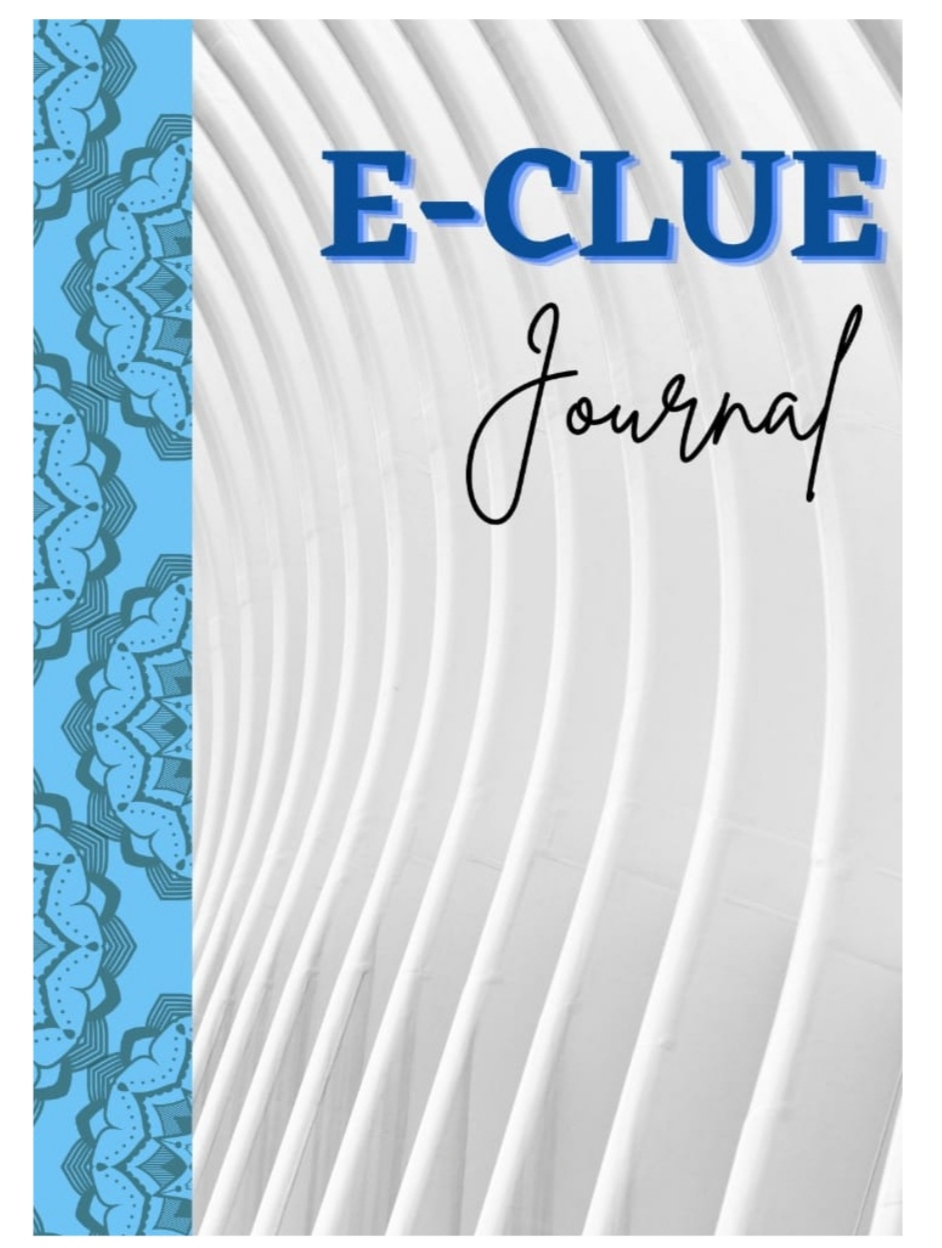THE EFFECTIVENESS OF USING KIM S MEMORY GAME TO INCREASE STUDENTS VOCABULARY AT THE SECOND GRADE OF JUNIOR HIGH SCHOOL
DOI:
https://doi.org/10.53682/eclue.v8i1.1591Keywords:
Kim’s memory game, vocabulary, increasing, EFLAbstract
The purpose of this research was to reveal the effectiveness of using Kim s memory game in increasing students vocabulary This research was pre experimental research using quantitative research with one group pre test and post test design Population of this research were students of SMP Negeri 3 Kombi and the sample were VIII grade students in academic year 2019 2020 and the total number of the sample were 15 students The data were collected through multiple choice test The data of this research were analysed statistically using mean score formula X< strong> < strong> The result of the data analysis showed that the highest score in pre test was 88 and the lowest was 40 The highest score in post test was 96 and the lowest was 70 The mean score of pre test was 65 33 and the mean score of post test was 81 86 The improvement was 16 53 from the pre test until the post test It was indicated that the used of Kim s Memory game was effective to improve students Vocabulary < p>
References
Andrew Wright D B 2006 Games for Language Learning In D B Andrew Wright Games for Language Learning pp 114 117 New York United States: Cambridge University Press
Andries F Hammp P Rombepajung P Lengkoan F 2019 The Application of Special Self Made Word Card for Vocabulary Teaching Particularly Irregular Verbs In International Conference on Social Science 2019 ICSS 2019 pp 969 971 Atlantis Press
Andries Fivy H P 2019 The Application of Special Self made Word for Vocabulary Teaching Particularly Irregular Verbs 2nd International Conference on Social Science ICSS 2019 p 841 Atlantis Press
Farhady H a 1982 Research Design and Statistic Linguistics San Francisco: Rowley Newbury
Hatch E Brown S 1995 Vocabulary semantics and Language Education New York: Cmbridge University Press
Huang R D 1996 Integrating Games and Vocabulary Teaching: An Exploratory Study International Electronic Journal for the Teachers of English
Mogea T 2019 Enhancing Students Speaking Ability Through Small Group Discussion Technique to the First Year Students of SMA Negeri 1 Ratahan Journal of Educational Method and Technology 41
Mogea T 2019 The Effectiveness of Question and Answer Technique in Teaching Reading Comprehension at SMP Negeri 3 Ratahan Journal of Educational Method and Technology 9
Mozez N G Liando N V 2019 The Implementation of Phonic Method for Enhancing Very Young Learners Vocabulary 4th Asian Education Symposium AES 2019 p 29 Atlantis Press
Nihta V F Liando J A 2018 Efforts and Difficulties in Teaching Vocabulary 3rd Asian Education Symposium AES 2018 p 3 Atlantis Press Retrieved from repository unima ac id






